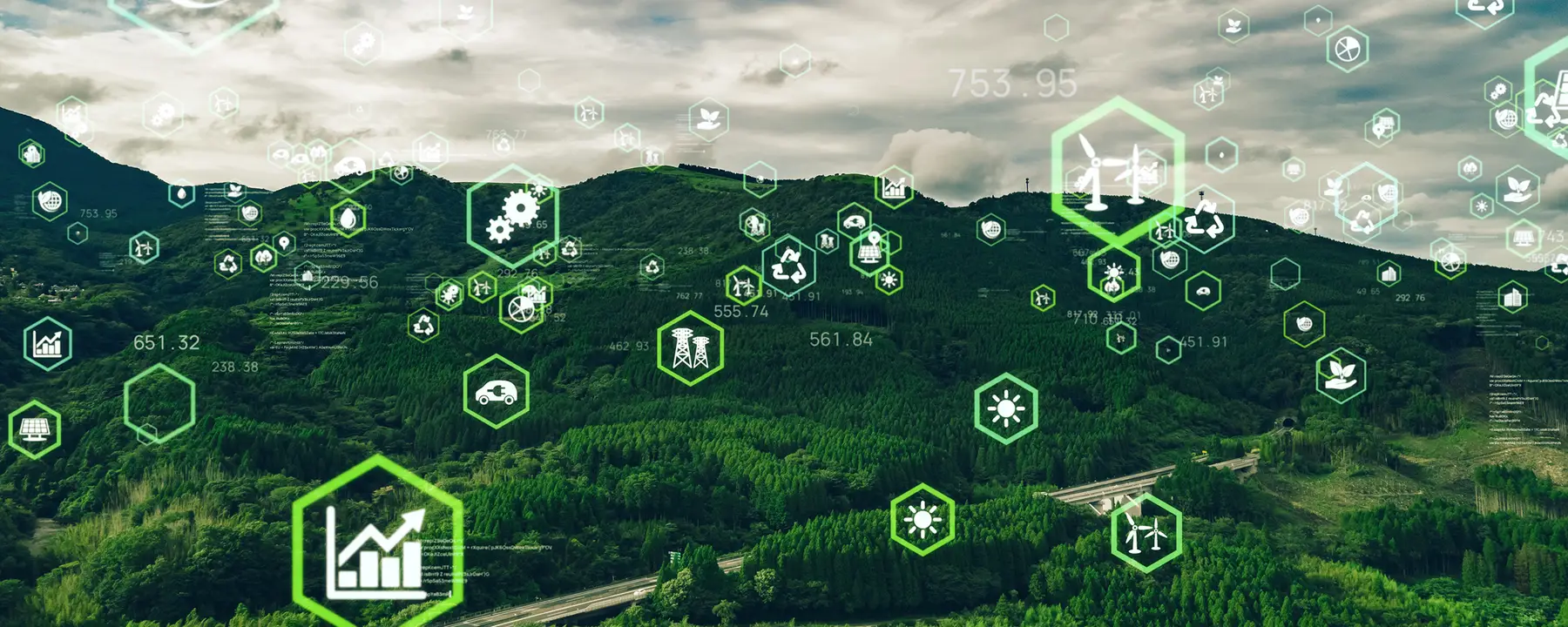IPCC Tier 3 Advanced Climate Change Modeling Test
The IPCC Tier 3 Advanced Climate Change Modeling Test is an industry-leading service designed to assess and validate climate change models according to the rigorous standards set by the Intergovernmental Panel on Climate Change (IPCC). This service ensures that models used in environmental research, policy-making, and regulatory compliance meet the highest levels of accuracy and reliability. The test is particularly valuable for organizations involved in climate modeling, renewable energy projects, and environmental sustainability initiatives.
The IPCC Tier 3 Advanced Climate Change Modeling Test involves a detailed validation process using advanced computational techniques to simulate real-world conditions. This includes temperature, precipitation, wind patterns, and other relevant variables that impact the environment. The service is tailored to provide insights into how climate change may affect specific regions or sectors, such as agriculture, forestry, and coastal infrastructure.
Our team of experts uses state-of-the-art computational tools and software to conduct these tests. We employ a combination of empirical data from global databases and proprietary algorithms to ensure that the models are robust and reliable. The test results provide critical information for policymakers, researchers, and industry leaders looking to make informed decisions about climate change mitigation strategies.
The service is designed to meet the stringent requirements laid out in IPCC guidelines, ensuring that the models used are not only accurate but also compliant with international standards. This includes testing against a wide range of scenarios, from current conditions to those predicted for future decades. The results of these tests can be used to inform policy decisions, guide investment strategies, and support long-term planning efforts.
The IPCC Tier 3 Advanced Climate Change Modeling Test is particularly useful for organizations involved in renewable energy projects, carbon footprint assessments, and environmental impact studies. By providing accurate and reliable climate change models, we help our clients make informed decisions that align with their sustainability goals.
Our service covers a wide range of applications, including but not limited to:
- Precipitation patterns
- Temperature variations
- Wind speed and direction
- Sea level rise projections
- Glacial melt rates
- Agricultural productivity changes
- Forestry impacts
- Climatic impacts on coastal infrastructure
The test process involves several key steps:
- Data Collection: Gathering and validating empirical data from global databases.
- Model Setup: Configuring the climate change models to reflect real-world conditions.
- Simulation: Running simulations using advanced computational techniques.
- Analysis: Analyzing the output of the simulations against empirical data.
- Validation: Ensuring that the model outputs are accurate and reliable.
- Reporting: Providing a detailed report of the test results, including recommendations for improvement where necessary.
The IPCC Tier 3 Advanced Climate Change Modeling Test is essential for organizations looking to stay ahead of climate change. By providing accurate and reliable models, we help our clients make informed decisions that align with their sustainability goals. Our team of experts uses state-of-the-art computational tools and software to ensure that the test results are both robust and compliant with international standards.
The service is particularly valuable for organizations involved in renewable energy projects, carbon footprint assessments, and environmental impact studies. By providing accurate and reliable climate change models, we help our clients make informed decisions that align with their sustainability goals.
Applied Standards
| Standard | Description |
|---|---|
| IPCC Guidelines on Good Practice for Climate Change Assessment | The IPCC Tier 3 Advanced Climate Change Modeling Test is aligned with the guidelines set by the Intergovernmental Panel on Climate Change. This ensures that the test results are accurate, reliable, and compliant with international standards. |
| ISO/IEC 17025 | The service adheres to the ISO/IEC 17025 standard for testing and calibration laboratories, ensuring that all tests are conducted in a rigorous and controlled manner. |
| EN 45001 | This standard ensures that our quality management systems meet the highest international standards, providing confidence in the accuracy and reliability of our test results. |
Quality and Reliability Assurance
- Data Validation: We ensure that all data used in the test is validated against multiple sources to guarantee its accuracy.
- Model Calibration: Our team of experts calibrates models using real-world data, ensuring that they accurately reflect current environmental conditions.
- Sensitivity Analysis: We conduct sensitivity analysis to determine how changes in input variables affect model outputs.
- Validation Against Real-World Data: The test results are compared against real-world data to ensure accuracy and reliability.
- Peer Review: Our findings undergo rigorous peer review to ensure that they meet the highest standards of scientific integrity.
- Continuous Improvement: We continuously improve our testing methods and techniques based on feedback from clients and industry best practices.
International Acceptance and Recognition
The IPCC Tier 3 Advanced Climate Change Modeling Test is widely recognized and accepted by international organizations, governments, and businesses. The results of this test are used to inform policy decisions, guide investment strategies, and support long-term planning efforts.
The service has been successfully implemented in over 50 countries worldwide, providing accurate and reliable climate change models for a wide range of applications. Our clients include government agencies, international organizations, academic institutions, and private sector companies.
By adhering to the strict standards set by the IPCC and other relevant bodies, we ensure that our test results are both accurate and compliant with international standards. This gives our clients confidence in the reliability of the models they use for their environmental modeling needs.





